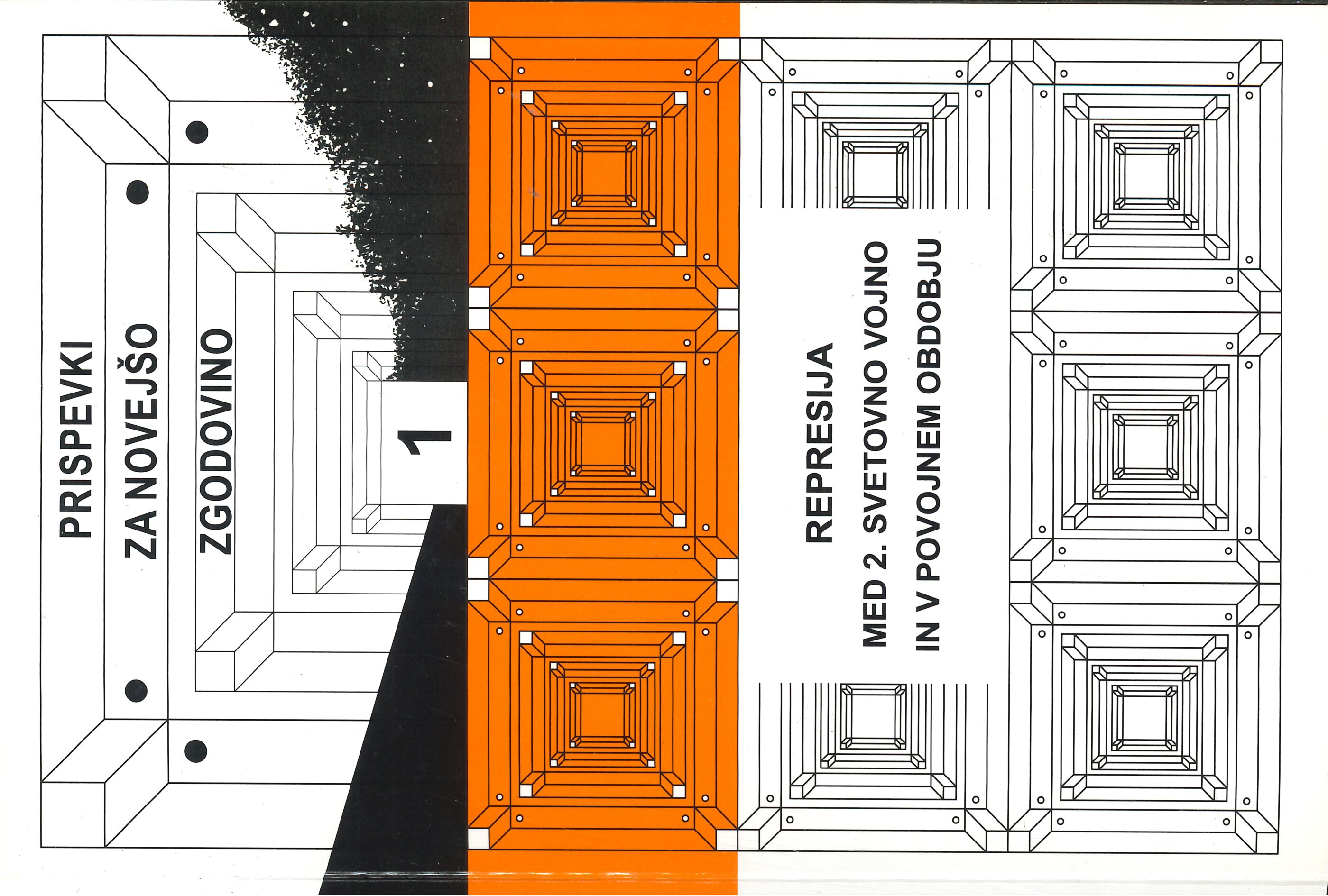Represija, zločini in nezakonitosti vojaških in civilnih organov oblasti v hrvaškem delu Istre (1945–1950)
Keywords:
Istria, history after WWII, political repression, OZNA/UDBAAbstract
REPRESSION, CRIMES AND WRONGFUL ACTS OF THE MILITARY AND CIVILIAN AUTHORITIES IN THE CROATIAN PART OF ISTRIA 1945–1950
In the first five years after World War II, a process of a state‐legal transition or unification with Slovenia and Croatia in the context of Yugoslavia took place in Istria. During this very sensitive period of the division of its territory, uncertainty, socio‐political transformation and establishment of the new authorities, numerous illegalities, repression and crimes were committed against everyone who tried to hinder or prevent these processes. The repression was aimed against the former wartime enemies, war criminals, collaborators, fascists, ideological, political and national enemies, and often also against the former allies and fellow fighters – in short, against anyone preventing or hindering the political agenda of the Communist Party. The Department for the Protection of People (OZNA) and, since March 1946, State Security Administration (UDV) represented the pillar of the repression policy of the new authorities and a characteristic example of secret politi‐ cal police, which was formed during the establishment and in the first years of the new state and entrusted with the task of “defending” the state from external and internal enemies. The second pillar of repression consisted of administrative departments of people’s committees, while the third one was made up of municipal, district and administrative unit courts.
Downloads
Published
Issue
Section
License
Authors who publish with this journal agree to the following terms:
- Authors retain copyright and grant the journal right of first publication with the work simultaneously licensed under a Creative Commons Attribution License that allows others to share the work with an acknowledgement of the work's authorship and initial publication in this journal.
- Authors are able to enter into separate, additional contractual arrangements for the non-exclusive distribution of the journal's published version of the work (e.g., post it to an institutional repository or publish it in a book), with an acknowledgement of its initial publication in this journal.
- Authors are permitted and encouraged to post their work online (e.g., in institutional repositories or on their website) prior to and during the submission process, as it can lead to productive exchanges, as well as earlier and greater citation of published work (See The Effect of Open Access).


